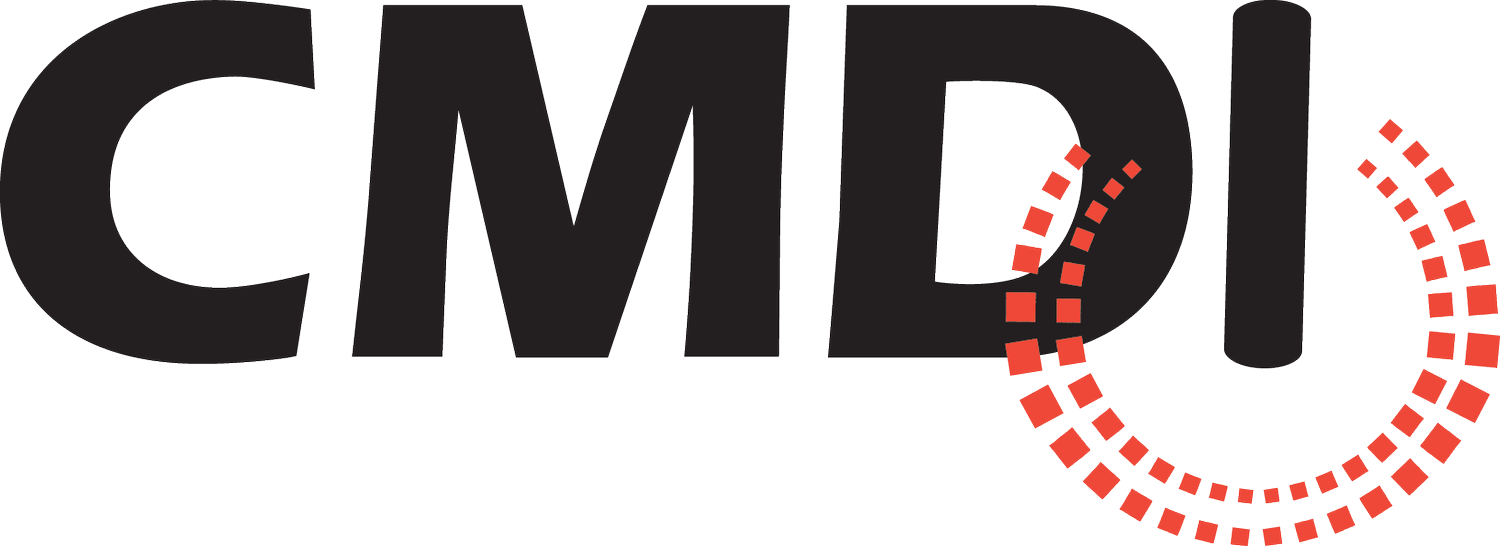N: CMDI Political Glossary
-N-
National Committee
An organization that, by virtue of the bylaws of a political party, is responsible for the day-to-day operation of the political party at the national level, as determined by the Commission.
National Convention
The party assembly held every four years at which state delegates from across the country gather to nominate the party’s candidates for president and vice president. The nominees are typically chosen by party voters in primary elections and caucuses well ahead of the conventions, but the formal convention processes remain in place in case the decision over the party’s candidate has to be brokered by the various party leaders.
National Party Committee
A political committee established and maintained by a national political party. A party’s national committee, House campaign committee and Senate campaign committee are considered national party committees, as determined by the Commission. See also NRSC and NRCC.
Nattering Nabobs of Negativism
A phrase used by Vice President Spiro Agnew in 1970 to refer to the members of the media with whom he had a very acrimonious relationship. It was coined by White House speechwriter William Safire.
Net Debts Outstanding
The total of a campaign’s unpaid debts incurred with respect to an election, plus estimated costs to liquidate the debts, plus costs of terminating political activity (if appropriate) and finally minus cash on hand and receivables.
Non-connected Committee
Any committee that conducts activities in connection with an election, but that is not a party committee, an authorized committee of any candidate for federal election, or a separate segregated fund. It is a free-standing PAC with no sponsoring or parent organization.
Non-federal Funds
Funds that are not subject to the limitations or prohibitions of FECA.
Non-partisan
Not supporting or controlled by a group or a cause.
Non-Party Committee
FEC term for any political committee not operated by a political party. The term makes no distinction between PACs and other non-party committees (e.g., candidate committees) even though almost all the “non-party committee” contributions listed on federal candidates’ campaign reports are from PACs. This ambiguity can cause problems when analyzing the reports.
Nongovernmental Organization
A political actor that is not affiliated with a particular government. Many NGOs are nonprofit institutions run by private citizens, such as the Red Cross, Doctors Without Borders, and the Catholic Church.
NRCC
(National Republican Congressional Committee) Run by Republican members of the U.S. House of Representatives for the purpose of raising money to support Republican candidates for the House. See also National Party Committee.
NRSC
(National Republican Senatorial Committee) Run by Republican members of the U.S. Senate for the purpose of raising money to support Republican candidates for the Senate. See also National Party Committee.
Nut-cutting Time
The point when you have tried everything but failed. While the term originally refers to the effort required to remove a rusted or stripped nut, it has come to be used in a legislative context as the time to exert maximum effort to round up votes to get a bill passed due to an approaching deadline.
